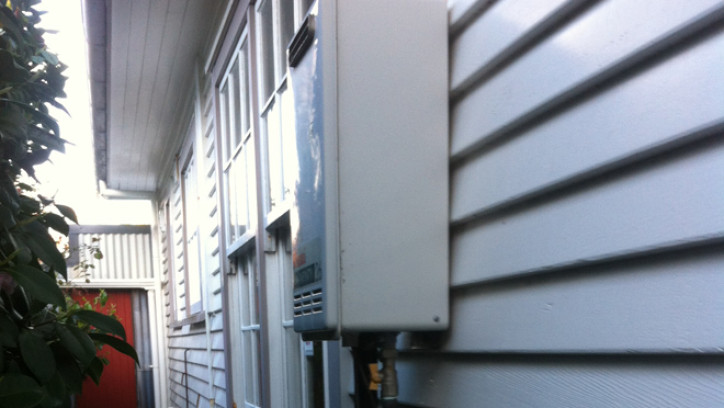Hot water systems - set up and maintenance
Last updated: 9 August 2023

Know how to maintain your hot water cylinders and pipes.
Installing water heating systems
All water heating equipment must be installed by a registered plumber or gasfitter. Gas water heaters need to be installed with a flue that vents outside.
Maintaining water heating systems
Many forms of water heating are low maintenance. Read the manufacturer's instructions before you decide on a particular system to check its maintenance requirements.
In all high and mains pressure cylinders, hot and cold relief valves should be flushed every six months. Some high pressure hot water cylinders and solar water cylinders contain sacrificial anodes which help prevent corrosion. These should be changed every five years (or more frequently in hard water areas). Your installer should make sure the anodes are easily accessible.
Sacrificial anodes can also produce hydrogen which may need to be bled off if the water isn't used for some time. Both of these jobs should be done by a plumber.
Solar panels should be cleaned at least annually, and any broken glass replaced immediately.
Hot water safety
To comply with the Building Code, hot water must reach at least 60°C in the storage cylinder for at least an hour a day. This is to kill legionella bacteria which can grow in warm, stagnant water. Water at 60°C can scald quickly, so water at the taps in the bathroom should be no hotter than 55°C. Although the 55°C temperature does not apply to kitchen sinks and laundry tubs, most houses have hot water at 55°C in these areas.
To make sure the temperature at the bathroom tap is safe, a 'tempering valve' is generally used – this automatically mixes a little cold water with the hot. This is especially important with solar or wetback systems where the temperature in the cylinder can get very high.